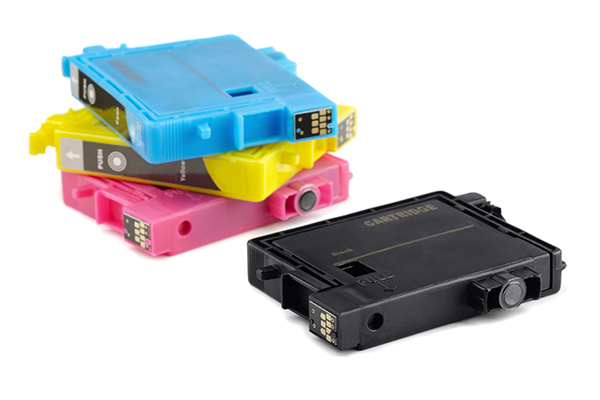
You Cannot Be Threatened With Voiding Your Printer Warranty For Using Non-OEM Supplies
MAGNUSON-MOSS Warranty Improvement Act, United States Code Annotated Title 15: Commerce and Trade, Chapter 50: Consumer Product Warranties 15 Section 2302
(c) No warrantor of a consumer product may condition his written or implied warranty of such product on the consumer's using, in connection with such product, any article or service (other than article or service provided without charge under the terms of the warranty) which is identified by brand, trade or corporate name; except that the prohibition of this subsection may be waived by the commission if:
1. The warrantor satisfies the Commission that the warranted product will function properly only if the article or service so identified is used in connection with the warranted product, and 2. The Commission finds that such a waiver is in the public interest.
What does this mean for you?
The printer's manufacturer cannot void the warranty on your printer simply because you use a refilled or remanufactured printer cartridge that is produced by someone other than the printer manufacturer. This prohibition spans the use of compatible cartridges, and remanufactured cartridges.
Could you imagine if the automobile manufacturers said you had to buy gasoline or auto parts only from them? Imagine the cost! The auto parts industry figured out a long time ago that purchasing aftermarket parts and consumables (like gasoline) was more efficient and ultimately gave a better deal to the consumer.
The Sherman-Clayton Antitrust Act
Similarly, these protections exist in the case of equipment leases as well. The Supreme Court in IBM vs. The United States concluded that IBM could not threaten customers with termination of their equipment leases for data processing just because the customers did not purchase supplies manufactured by IBM. This would create a "tying agreement" and was found to be in violation of the Sherman and Clayton Antitrust Law.Similarly, these protections exist in the case of equipment leases as well. The Supreme Court in IBM vs. The United States concluded that IBM could not threaten customers with termination of their equipment leases for data processing just because the customers did not purchase supplies manufactured by IBM. This would create a "tying agreement" and was found to be in violation of the Sherman and Clayton Antitrust Law.

